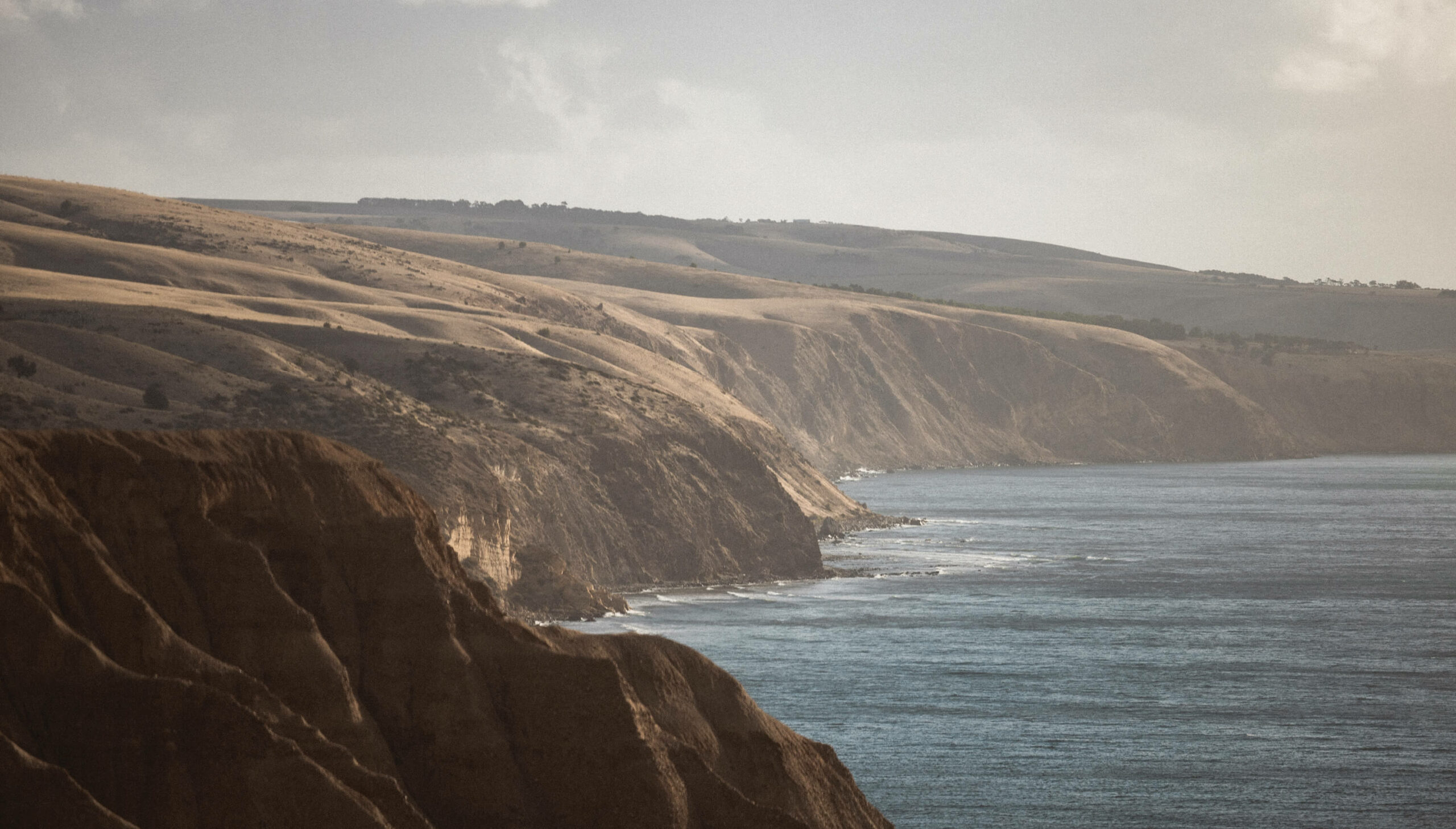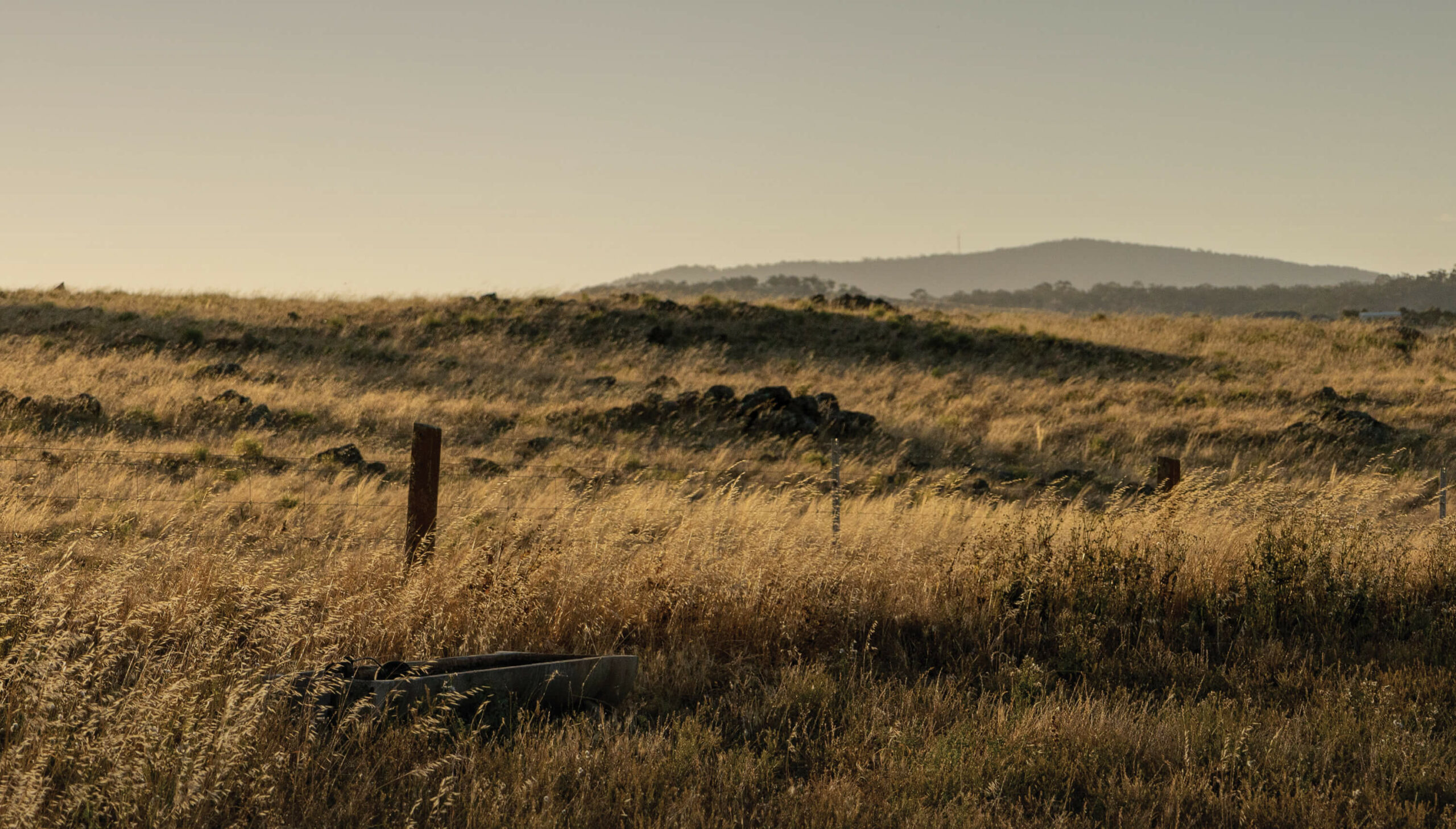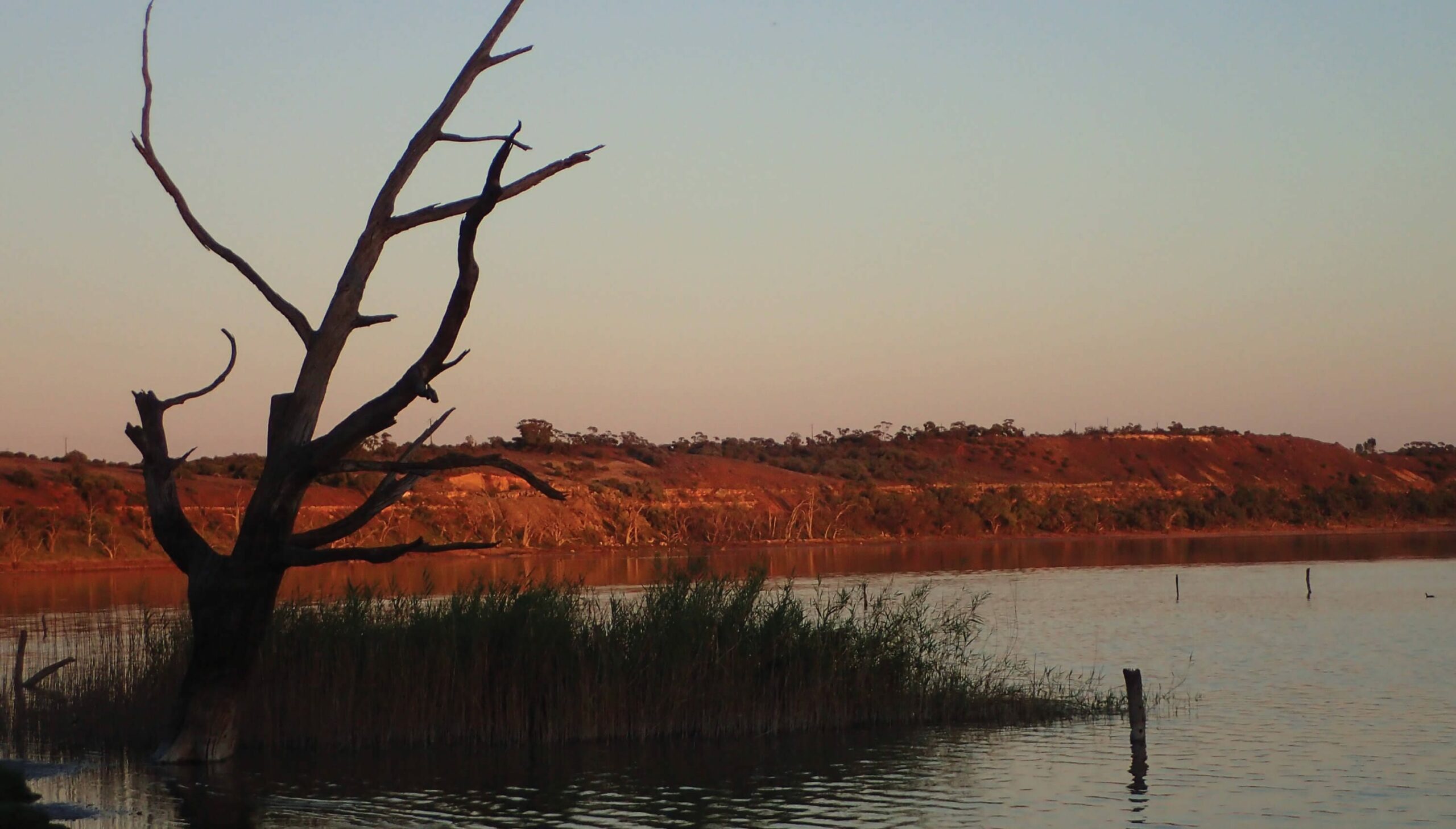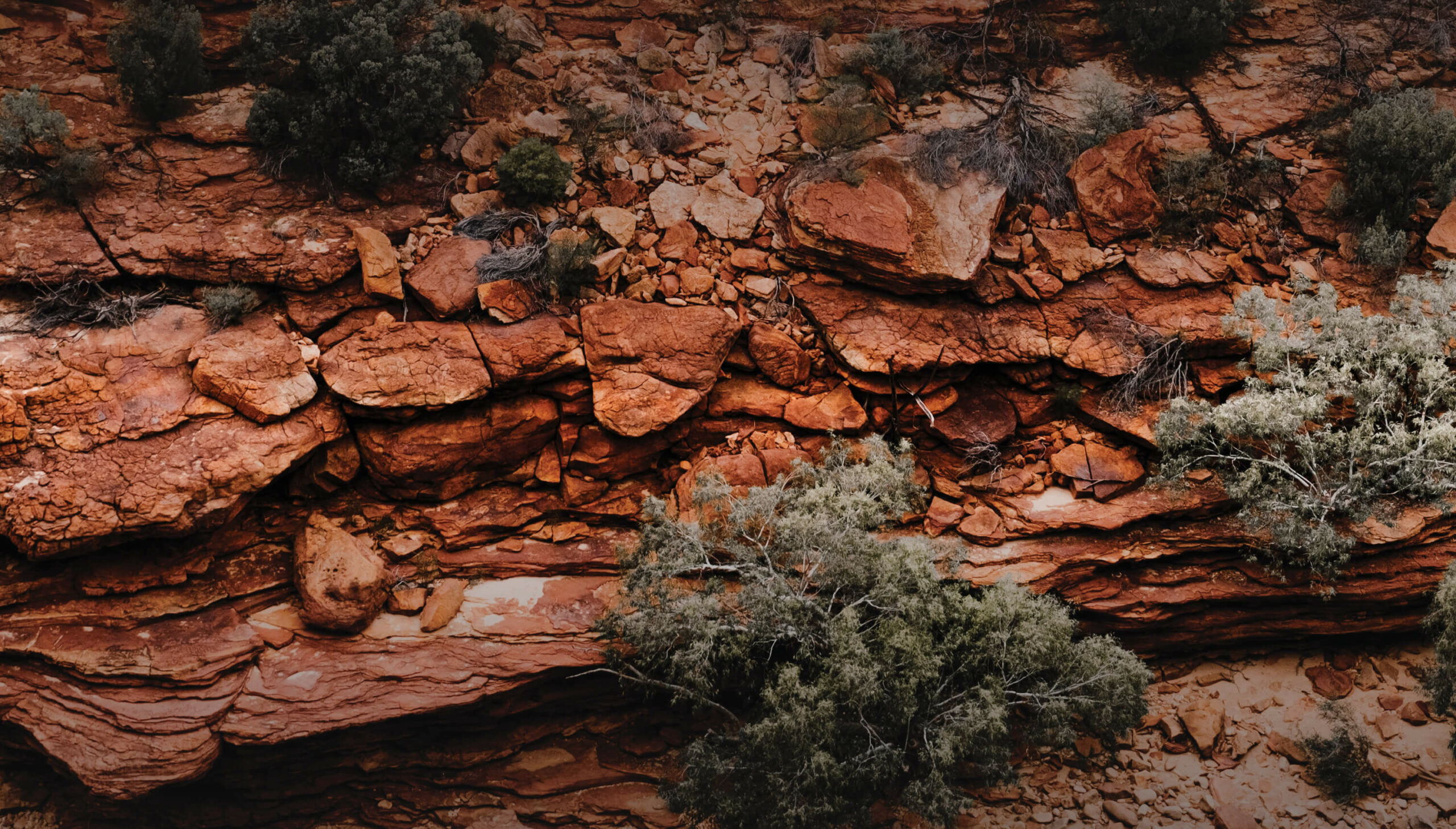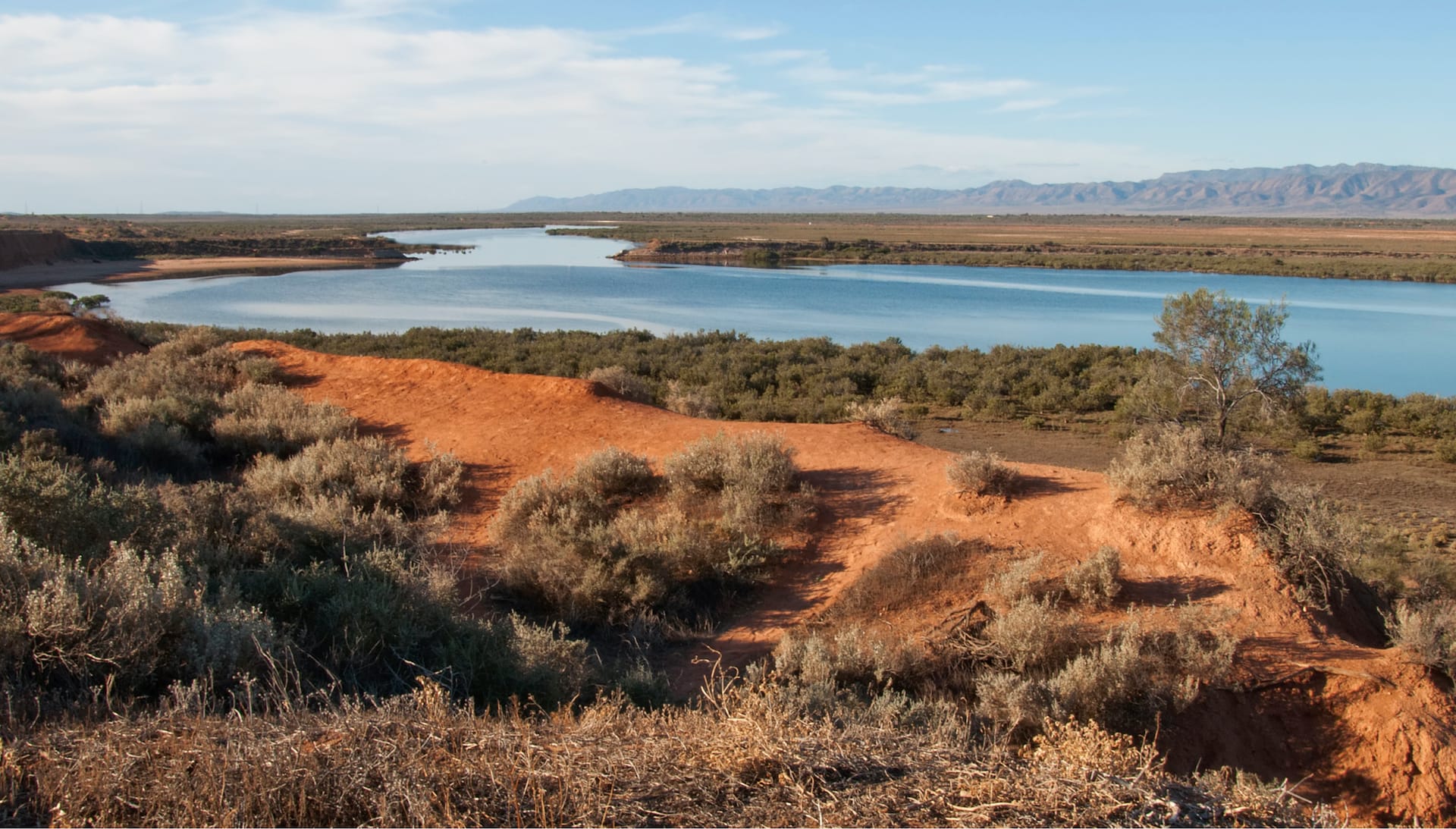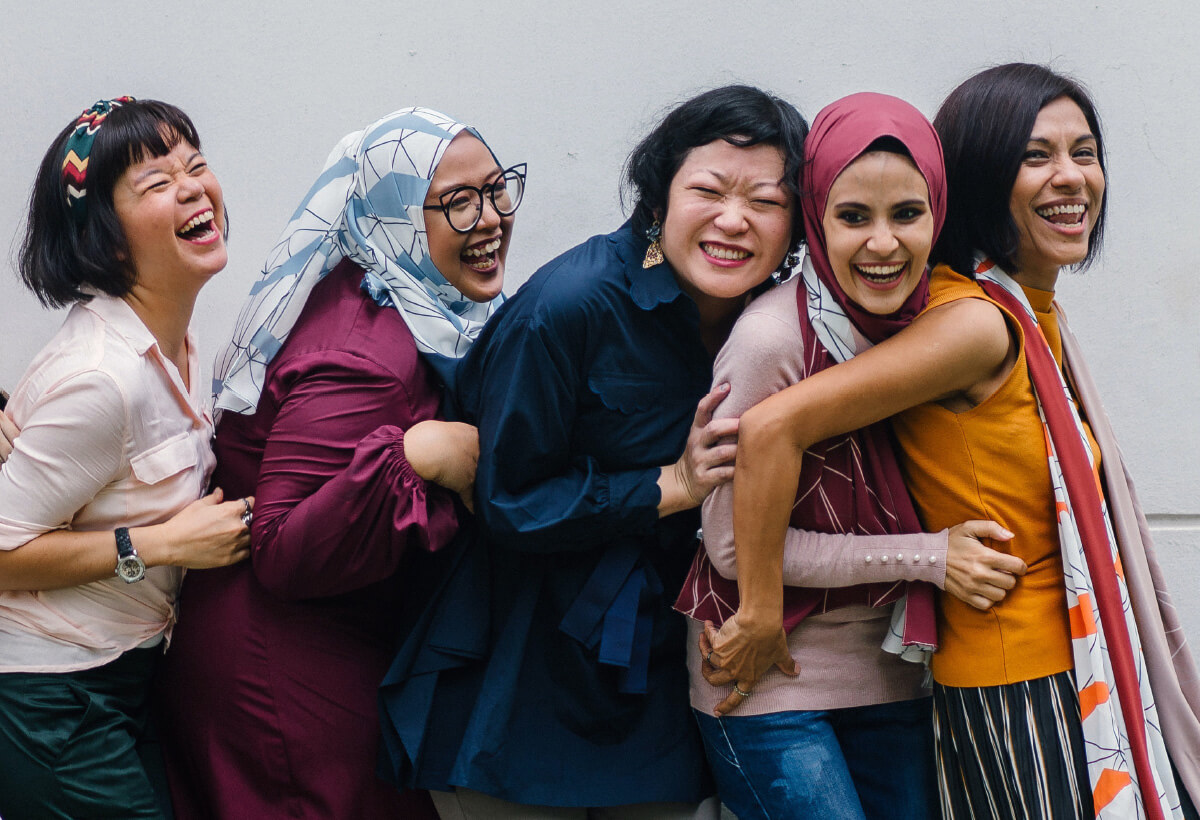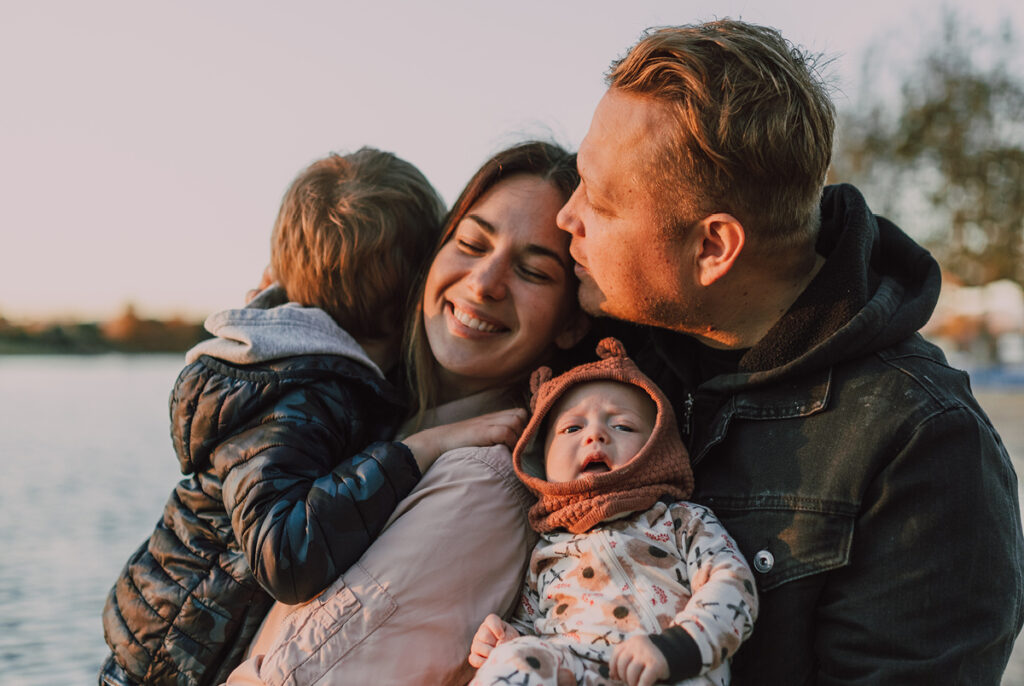Our Vision
A just and equitable society in which relationships are respectful, diversity is valued and people have a sense of belonging and an opportunity to learn.
Our Purpose
We help people:
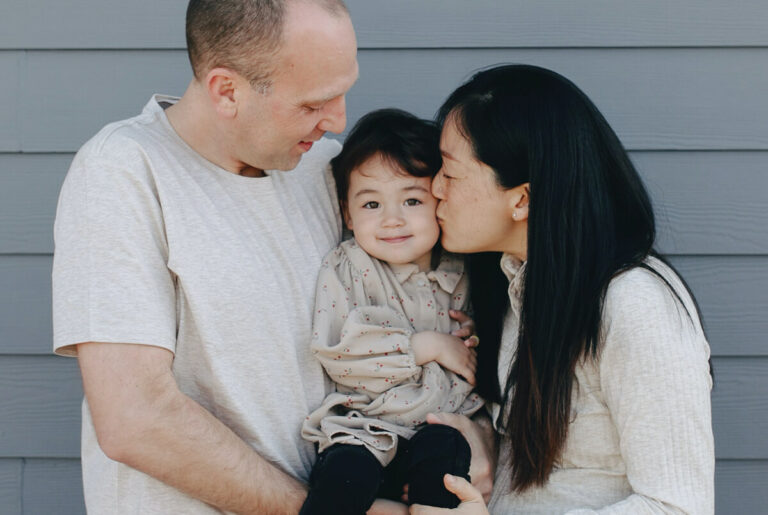
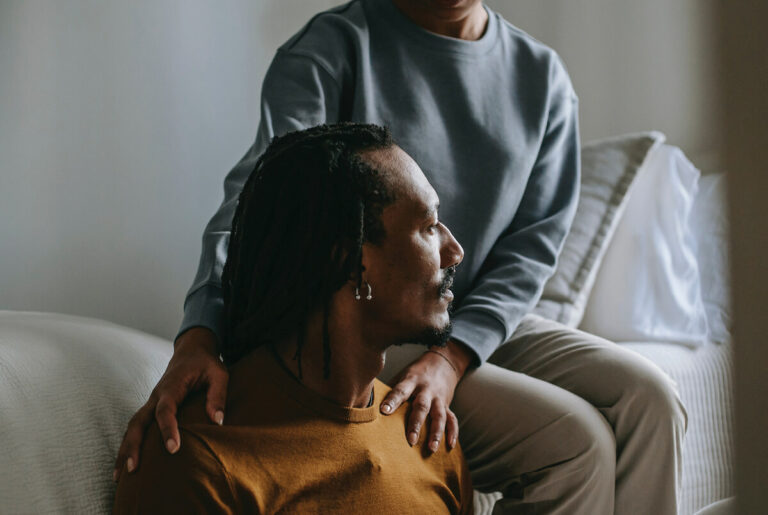
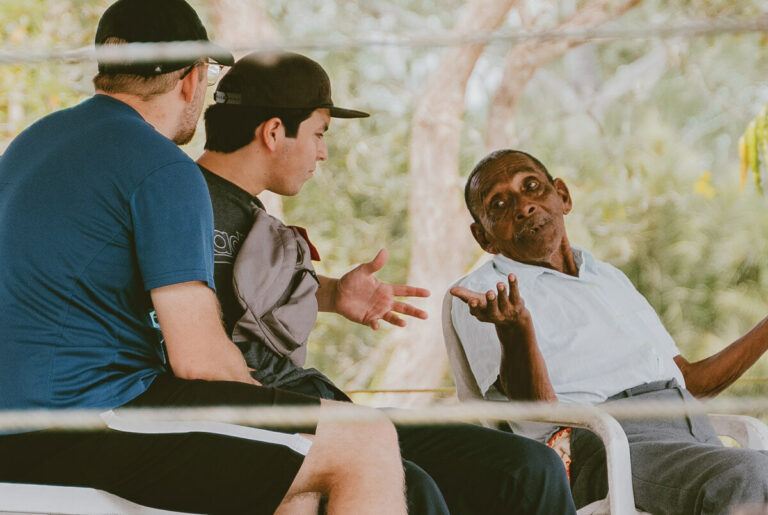
Build robust relationships that nurture trust, strengthen resilience and generate optimism for the future.
Recover from adverse experiences and trauma.
Create cultural respect, social cohesion and inclusive communities.
Our Goals
01
Improve Individual, Family + Community Wellbeing
02
Educate to Transform Social Relationships
03
Enable a Thriving Workplace Culture
04
Strengthen Organisational Capacity
05
Contribute to a Better World
Step 01
01
Improve Individual Family + Community Wellbeing
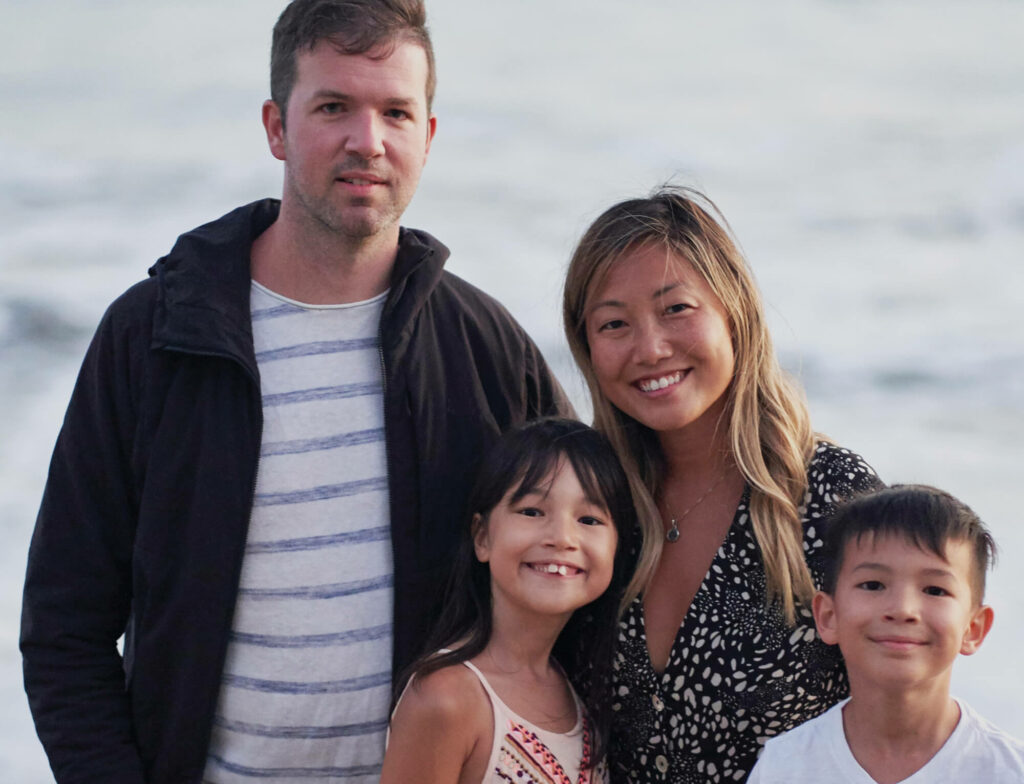
What We'll Achieve
- Individuals, couples, families and communities receive holistic accessible, tailored services that strengthen their safety and wellbeing.
- People nurture positive and trusting relationships.
- People overcome harmful behaviours and the impact of trauma.
- Children and young people flourish and manage life transitions.
How We'll Do It
We will do with, not to or for our clients; think children and young people; focus on cultural identity and community belonging; strengthen safety; support repair and recovery; ensure holistic screening and data hygiene and foster a developmental lens across all our services.
How We'll Know We have Made a Difference
- Our services are accessible to diverse communities and individuals.
- We enable joined up services.
- Client safety and wellbeing are enhanced.
- Client relationships and parenting capacity are strengthened.
- Clients are satisfied with our services.
Step 02
02
Educate to Transform Social Relationship
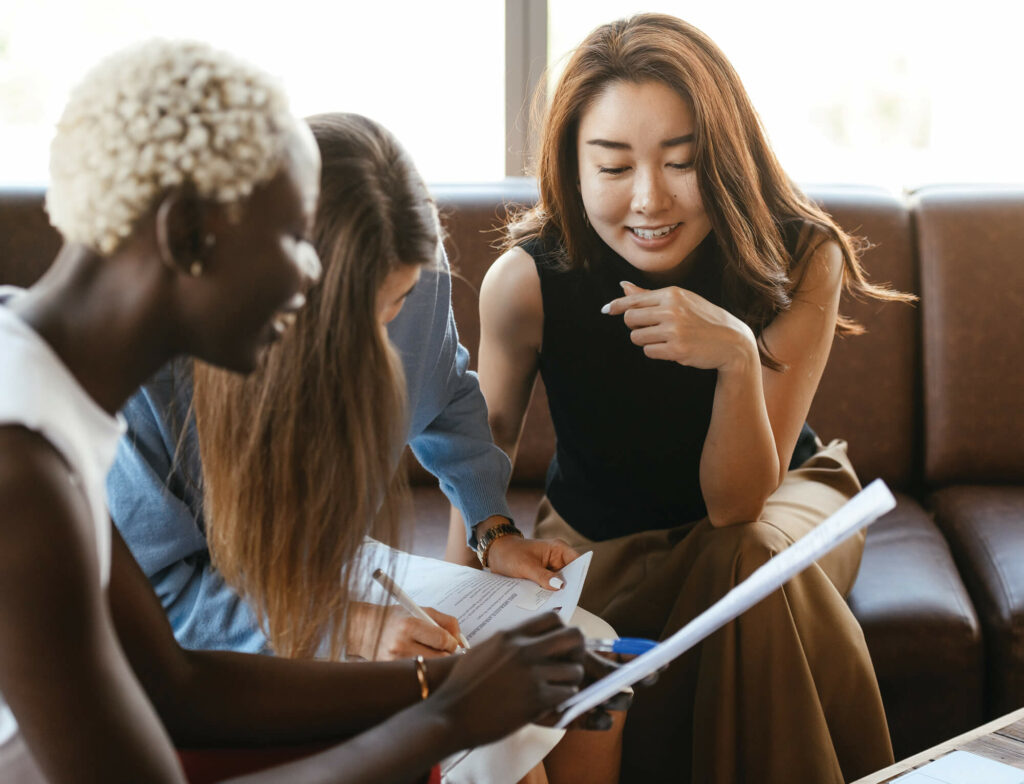
What We'll Achieve
- Diverse individuals and communities learn the skills to grow strong and trusting relationships.
- A well-educated human services workforce expands their understanding, and builds skills for effective practice.
- People acquire a love of learning that enables vibrant social, cultural and economic participation.
How We'll Do It
We will provide training that increases human service industry skills; educate for social justice; educate our learners by working with learners, not doing to or for; tailor training to each student; deliver culturally relevant education that promotes community belonging; develop interpersonal skills education that nurtures safe and trusting relationships.
How We'll Know We have Made a Difference
- The wisdom gained from lived experience informs our learning program content.
- Our training and professional development is informed by current research.
- Qualifications align to current and future work realities.
- NRT is accessible to disadvantaged learners.
- Disadvantaged learners are supported to succeed.
Step 03
03
Enable a Thriving Workplacce + Culture
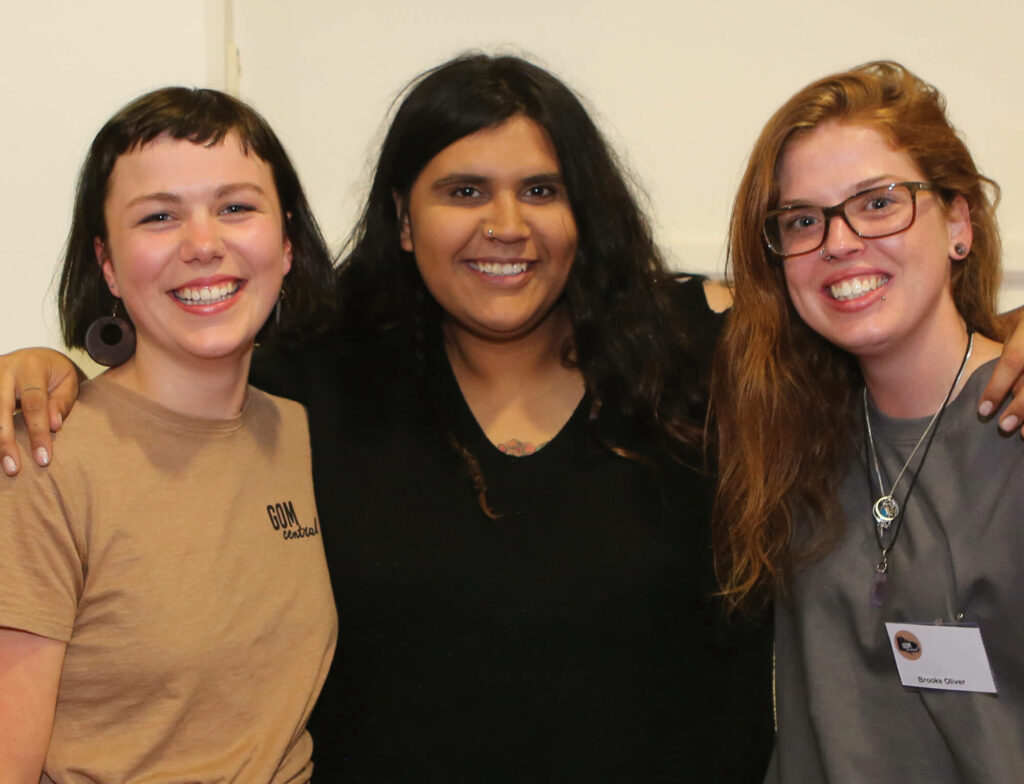
What We'll Achieve
- Our workplace is diverse.
- Our workplace nurtures trust and safety, enabling respect for difference and by using disagreements as a springboard for creativity.
- People undertake meaningful work that makes a difference.
- Our people understand and take pride in their contribution to the wellbeing of the people and communities we work with.
How We'll Do It
We will actively develop and ‘live’ RASA values and culture; grow our workforce capability; support staff wellbeing and improve the efficiency of people systems and processes.
How We'll Know We have Made a Difference
- Our workforce is rich in diversity and feel connected to our values and live them every day.
- Our people are strengthened, developed and celebrated through the experience of working with us.
- Ongoing and strategically relevant professional development is provided to RASA people.
- People receive feedback about the effectiveness of our services including client responses.
- Evidence from current research about our best practice is made available to RASA staff.
Step 04
04
Strengthen Organisational Capacity
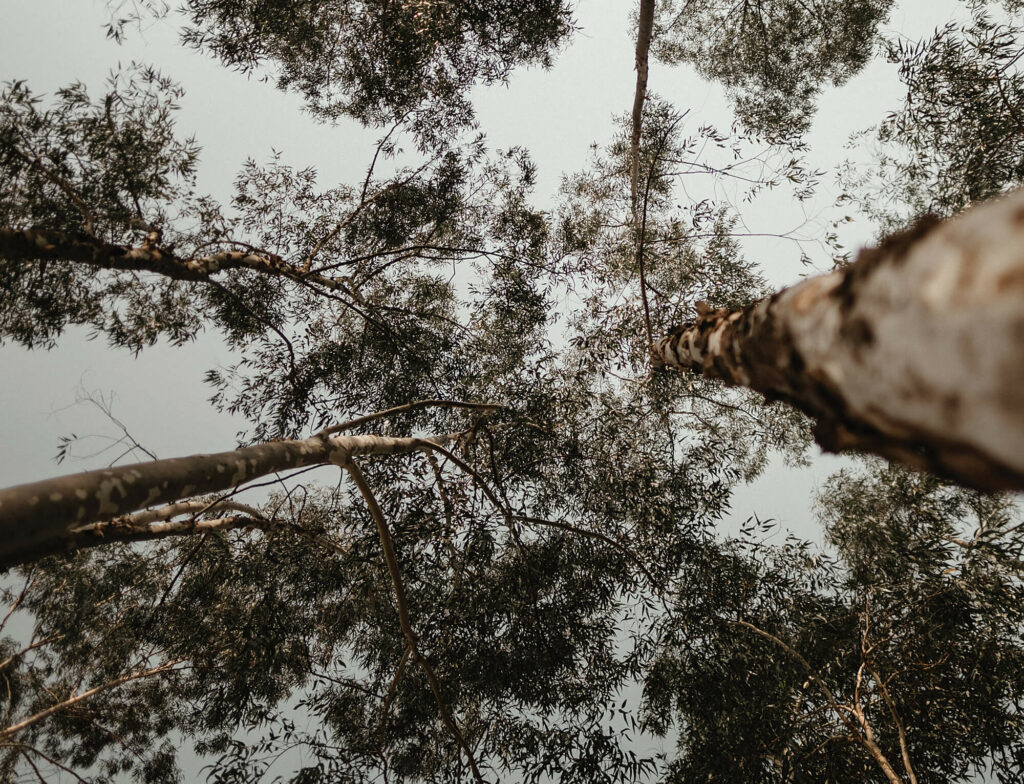
What We'll Achieve
- Clearly articulated operational principles and frameworks underpin all service delivery.
- Risk is managed effectively to ensure business continuity including risks related to cybersecurity threats and public health emergencies.
- Financial sustainability and organisational efficiency enable quality services.
How We'll Do It
We will ensure that RASA is financially robust, maximises opportunities and meets challenges; measure and report on our activities, using data for decision-making and continuous improvement; manage assets to support service operations and client satisfaction and ensure ICT systems add value and can expand to meet changing requirements.
How We'll Know We have Made a Difference
- Business continuity plans are realistic to ensure we can manage all risks optimally.
- Resources and assets are well managed and ensure ongoing sustainability.
Step 05
05
Contribute To a Better World
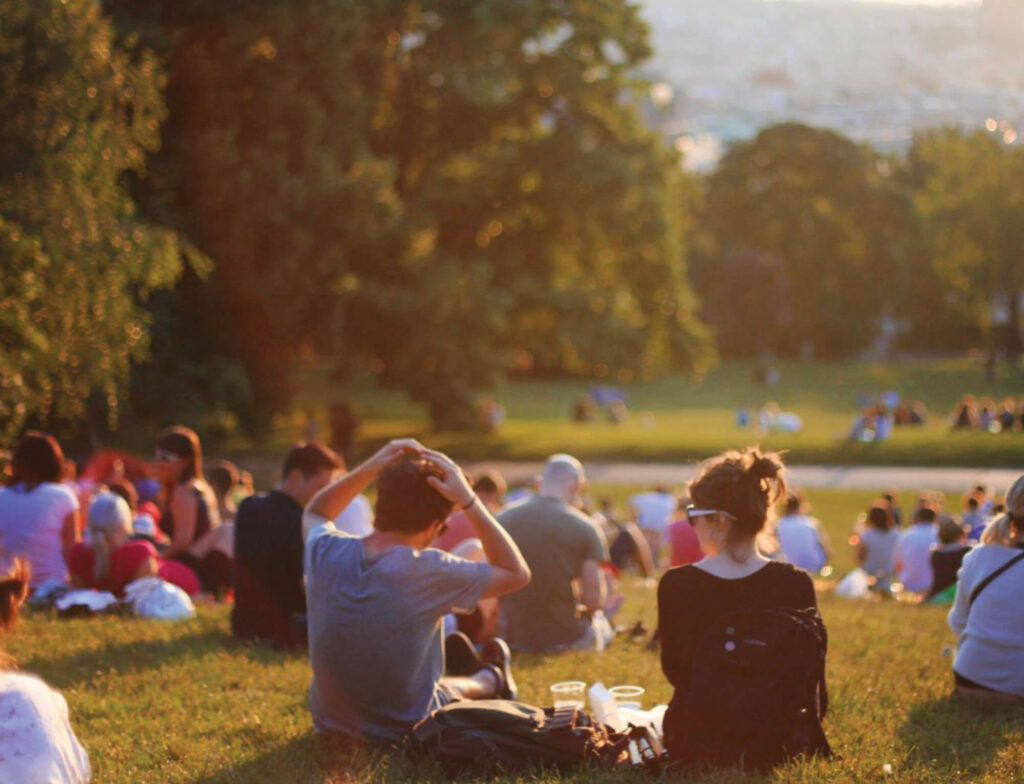
What We'll Achieve
- Our negative impact on the environment is minimised.
- Our partnerships have a collective impact that benefit clients and our community.
- Social policy, service delivery and sector development are improved by our contributions.
How We'll Do It
We will demonstrate corporate, social and environmental responsibility; influence social policy and contribute to sector wide service improvements and efficiencies.
How We'll Know We have Made a Difference
- We measure and reduce our environmental footprint.
- We have effective and trusted partnerships with relevant government and sector agencies.
- We contribute to research about effective service delivery.
- We contribute to innovation in service delivery.
